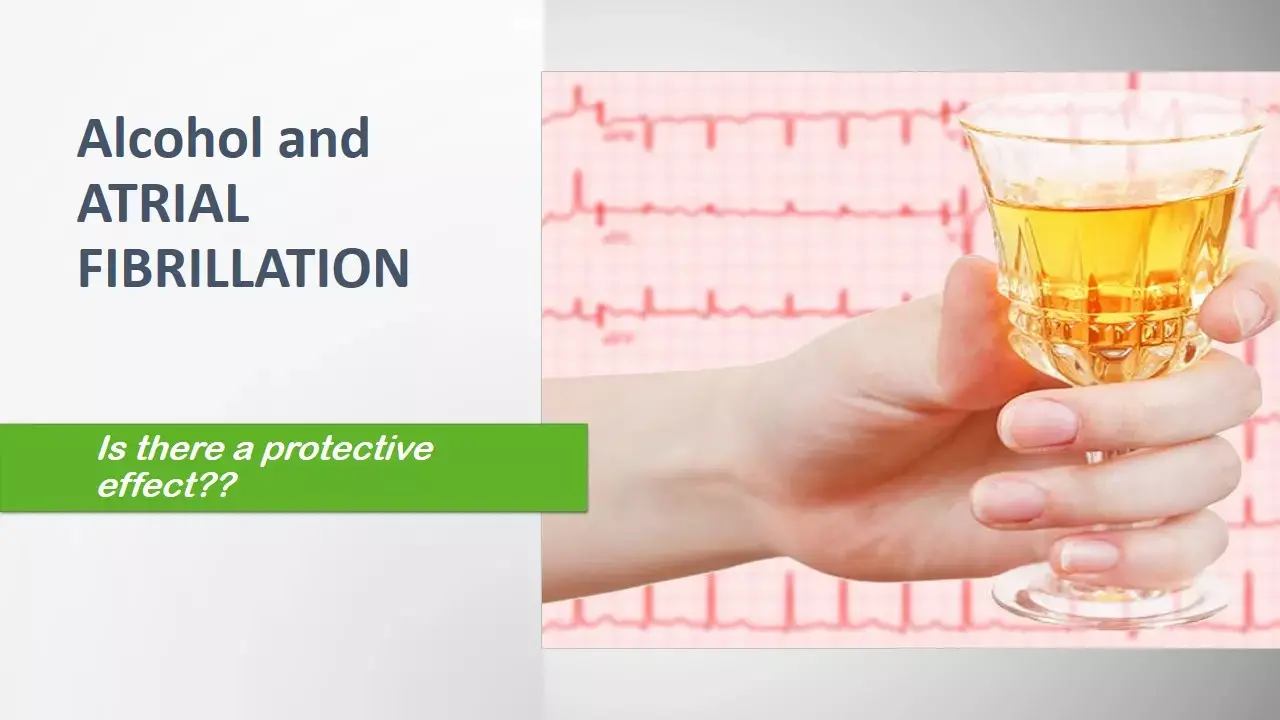- Home
- Medical news & Guidelines
- Anesthesiology
- Cardiology and CTVS
- Critical Care
- Dentistry
- Dermatology
- Diabetes and Endocrinology
- ENT
- Gastroenterology
- Medicine
- Nephrology
- Neurology
- Obstretics-Gynaecology
- Oncology
- Ophthalmology
- Orthopaedics
- Pediatrics-Neonatology
- Psychiatry
- Pulmonology
- Radiology
- Surgery
- Urology
- Laboratory Medicine
- Diet
- Nursing
- Paramedical
- Physiotherapy
- Health news
- Fact Check
- Bone Health Fact Check
- Brain Health Fact Check
- Cancer Related Fact Check
- Child Care Fact Check
- Dental and oral health fact check
- Diabetes and metabolic health fact check
- Diet and Nutrition Fact Check
- Eye and ENT Care Fact Check
- Fitness fact check
- Gut health fact check
- Heart health fact check
- Kidney health fact check
- Medical education fact check
- Men's health fact check
- Respiratory fact check
- Skin and hair care fact check
- Vaccine and Immunization fact check
- Women's health fact check
- AYUSH
- State News
- Andaman and Nicobar Islands
- Andhra Pradesh
- Arunachal Pradesh
- Assam
- Bihar
- Chandigarh
- Chattisgarh
- Dadra and Nagar Haveli
- Daman and Diu
- Delhi
- Goa
- Gujarat
- Haryana
- Himachal Pradesh
- Jammu & Kashmir
- Jharkhand
- Karnataka
- Kerala
- Ladakh
- Lakshadweep
- Madhya Pradesh
- Maharashtra
- Manipur
- Meghalaya
- Mizoram
- Nagaland
- Odisha
- Puducherry
- Punjab
- Rajasthan
- Sikkim
- Tamil Nadu
- Telangana
- Tripura
- Uttar Pradesh
- Uttrakhand
- West Bengal
- Medical Education
- Industry
"A drink a day can keep AF away", JACC study shows J-curve relationship between alcohol and AF

Although binge drinking and moderate to high consumption of alcohol are both established risk factors for AF, comparatively less is known about the effect of low alcohol consumption and one of the most common question that clinicians face while handling paients with atrial fibrillation is "can I just take one drink daily?"
Seeking answer to this common query, Tu et al through an observational analysis published recently in JACC Clinical Electrophysiology have shown that low levels of alcohol consumption (<7 UK standard drinks [56 g alcohol]/week) were associated with lowest AF risk. Small amounts of alcohol consumption appeared to protect against AF, but such protection was largely limited to wine and was not observed with beer consumption.
J-shape association has been repeatedly observed when studying the relationship between alcohol and a variety of health outcomes, including acute coronary syndrome, heart failure, and even overall mortality. If modest alcohol consumption is associated with a reduction in the risk of these important end points, shouldn't it also confer the same benefit in the context of AF?
In this regard, the present study sought to characterize associations of total and beverage-specific alcohol consumption with incident atrial fibrillation (AF). Using data from the UK Biobank, total and beverage-specific alcohol consumption was calculated as UK standard drinks (8 g alcohol) per week. Past drinkers and those with a history of AF were excluded. Incident AF events were assessed through hospitalization and death records, and dose-response associations were characterized.
1. Over a median follow-up time of 11.4 years a total of 21,312 incident AF events occurred in 403,281 participants.
2. A J-shaped association of total alcohol consumption was observed, with lowest risk of AF with fewer than 7 drinks/week.
3. Beverage-specific analyses demonstrated harmful associations of beer/cider consumption with any consumption.
4. In contrast, consumption of red wine, white wine, and spirits up to 10, 8, and 3 drinks/week, respectively, was not associated with increased risk.
So what do I tell my patients?
In an accompanying editorial Dewland et al note, "It should also be recognized that the current analysis does not necessarily support the adoption of alcohol consumption to reduce AF risk, as it is uncertain if nondrinkers who deliberately consume low levels of alcohol would experience similar protection."
The reduction in AF risk with modest wine, but not beer, consumption will raise speculation regarding beneficial or harmful substances found in these drinks.
Dewland et al further stress, "For secondary AF prevention, the message should be alcohol abstinence, especially if alcohol is a personal trigger for acute AF episodes. For primary AF prevention, it is possible that continued consumption of some alcohol may be reasonable, but the exact threshold is unclear and is likely a very low amount."
These findings from this study may have important implications for the primary prevention of AF that should be explored in future studies.
Source: JACC Clinical Electrophysiology
1. Risk Thresholds for Total and Beverage-Specific Alcohol Consumption and Incident Atrial Fibrillation. JACC Clin Electrophysiol 2021
2. Dewland TA, Marcus GM. Can a Drink a Day Keep the Electrophysiologist Away? JACC Clin Electrophysiol. 2021 Jul 21:S2405-500X(21)00593-4. doi: 10.1016/j.jacep.2021.06.010
MBBS, MD , DM Cardiology
Dr Abhimanyu Uppal completed his M. B. B. S and M. D. in internal medicine from the SMS Medical College in Jaipur. He got selected for D. M. Cardiology course in the prestigious G. B. Pant Institute, New Delhi in 2017. After completing his D. M. Degree he continues to work as Post DM senior resident in G. B. pant hospital. He is actively involved in various research activities of the department and has assisted and performed a multitude of cardiac procedures under the guidance of esteemed faculty of this Institute. He can be contacted at editorial@medicaldialogues.in.
Dr Kamal Kant Kohli-MBBS, DTCD- a chest specialist with more than 30 years of practice and a flair for writing clinical articles, Dr Kamal Kant Kohli joined Medical Dialogues as a Chief Editor of Medical News. Besides writing articles, as an editor, he proofreads and verifies all the medical content published on Medical Dialogues including those coming from journals, studies,medical conferences,guidelines etc. Email: drkohli@medicaldialogues.in. Contact no. 011-43720751


